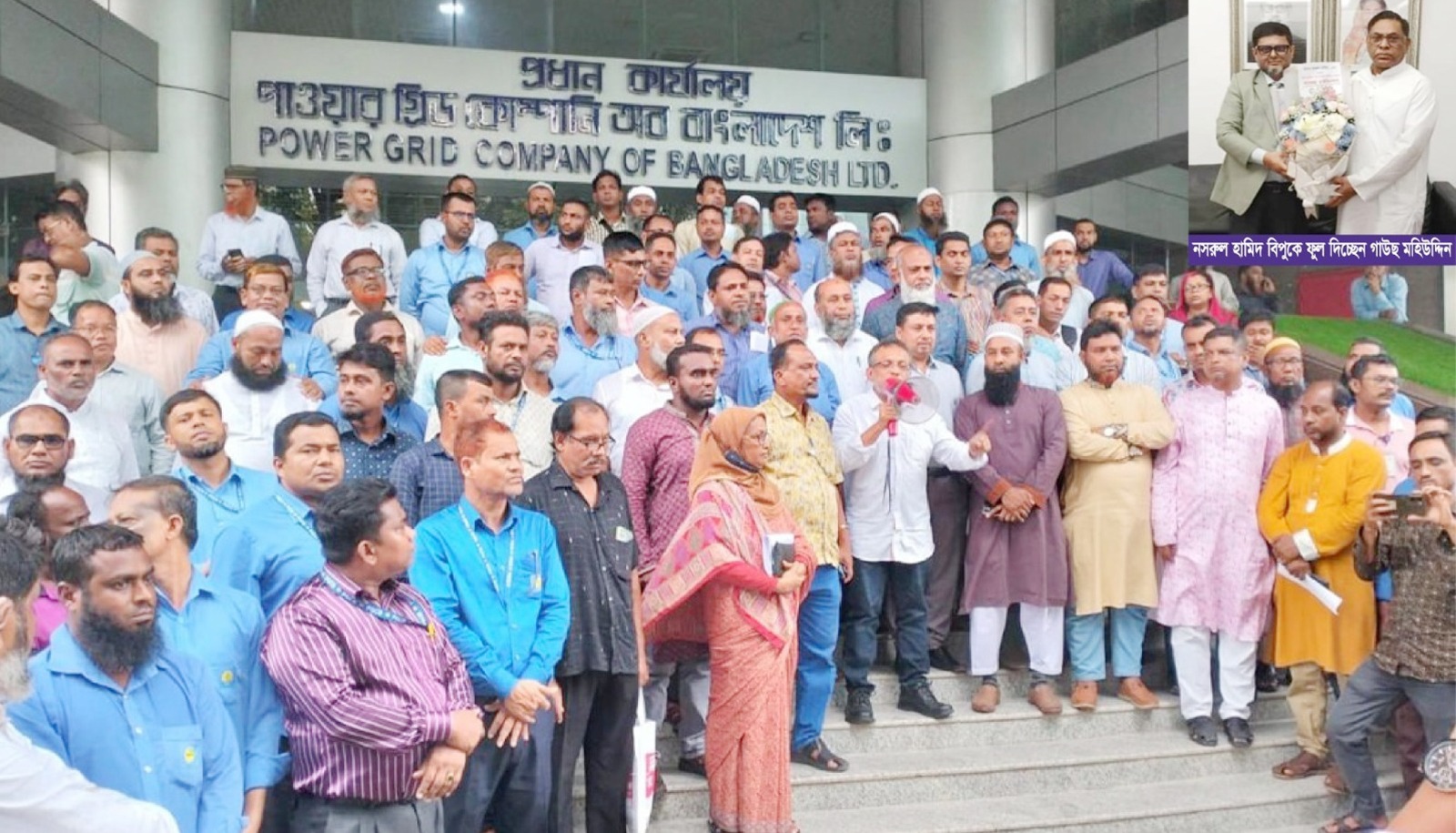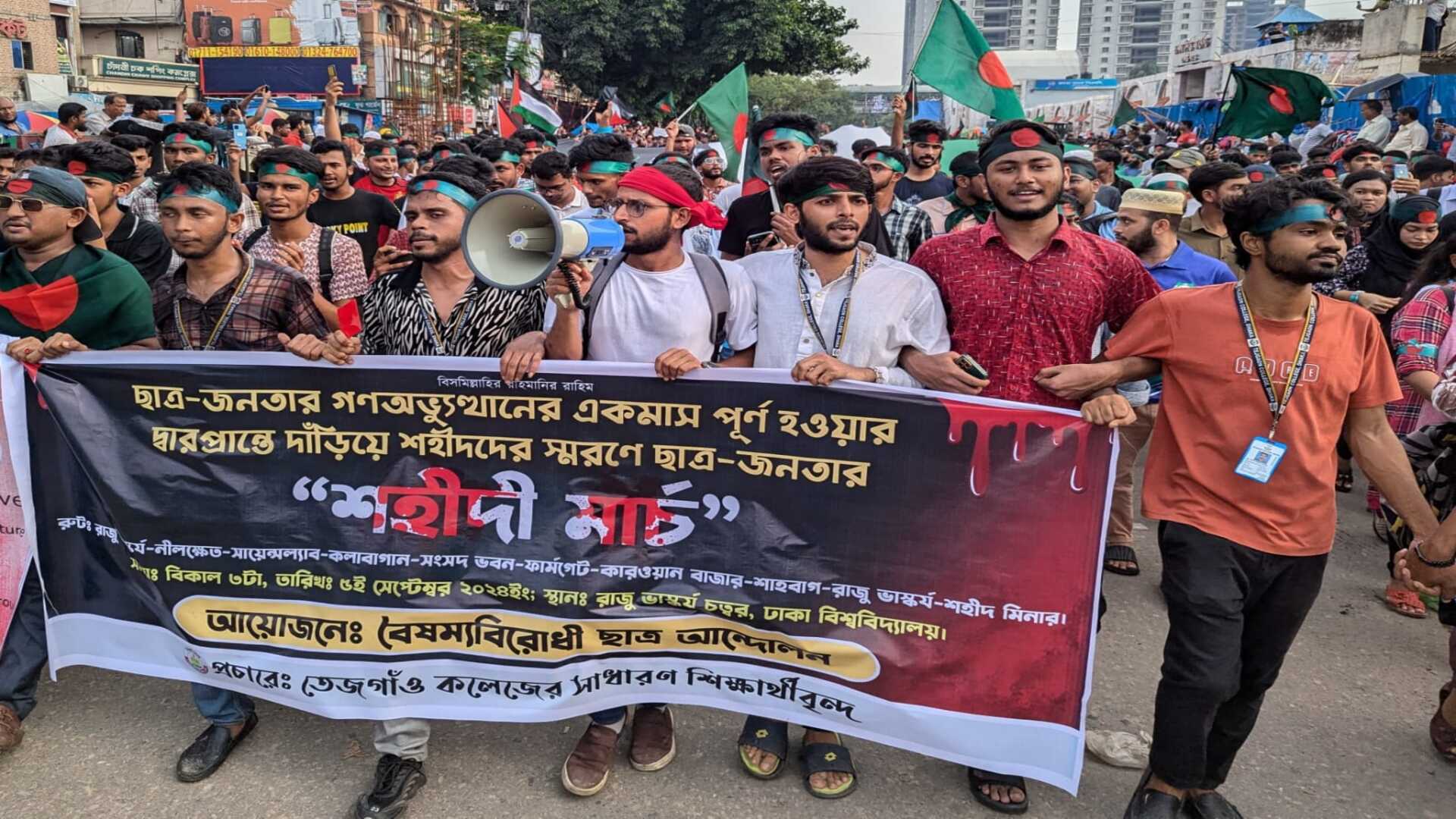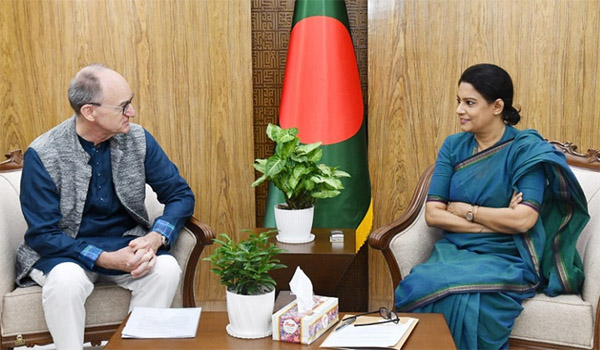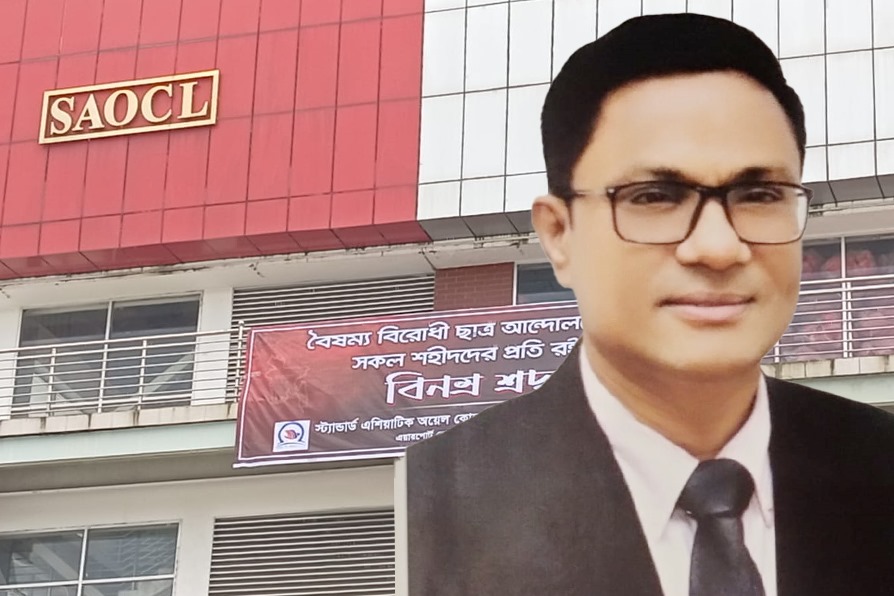
Words should be spoken with care, for what seems simple to one person may not be so to another. What might be a straightforward intention could appear complex to others, potentially leading to conflicts, unrest, or even war. In such cases, one could be labeled a believer, an atheist, or a traitor. A person once considered a hero could suddenly become a villain.
Recently, several statements by Jamaat-e-Islami leader Dr. Shafiqur Rahman have caught the public’s attention. His actions have also enhanced the party’s image, leading to discussions in political circles about the potential for Jamaat to increase its vote share in the upcoming elections.
Moreover, when 12 districts, including Feni, were hit by floods, Jamaat stepped forward to help the victims without seeking publicity, earning recognition as guests of the people and gaining favor in their hearts. The assistance provided by Jamaat to the injured and families of those killed in the July-August uprisings surpassed that of any other political party.
Even in the small district of Manikganj, where two students were killed and 179 others injured during a student movement, Jamaat extended financial support, providing two lakh taka to the families of the deceased. There are numerous examples of Jamaat’s good deeds over the past month.
However, one statement by the Jamaat leader seems to have turned everything upside down. Dr. Shafiqur Rahman mentioned forgiving the Awami League as a party, which has sparked significant controversy.
The people of Bangladesh are known for being highly emotional and impulsive, often described as a nation that reacts spontaneously without much contemplation. When they hear something, they often start reacting immediately, and soon after, they forget about it. As a result, the notion of forgiving the Awami League has provoked strong reactions from students, political circles, and the general public. They ask, “Who is Jamaat to forgive the Awami League? What about the justice for those who died in the July-August uprisings?”
Let us attempt to analyze the Jamaat leader’s statement. He stated that as a party, Jamaat-e-Islami has forgiven the Awami League. This means that despite the Awami League’s 16-year campaign of murder, oppression, and persecution against Jamaat members, the party has chosen to forgive. Forgiveness is a noble quality, emphasized in the Quran through 120 verses. Allah is the Forgiving and the Patient, and He loves those who forgive.
While Islam permits retribution, forgiveness is considered superior. Therefore, rather than seeking vengeance, the Jamaat leader has chosen to forgive the Awami League, embodying the nobility and righteousness expected of a true believer.
However, his statement does not imply forgiving those responsible for the killings during the July-August uprisings. It is important to note that one cannot forgive on behalf of another; only the victim or their family has the right to forgive. This is why Dr. Shafiqur Rahman also mentioned that if the families of those killed or injured seek legal assistance, Jamaat will stand by them and provide full support to ensure justice.
Let us exercise patience and attempt to understand the situation before passing judgment.
_(Political Commentator)_

 Shipon Ahmed
Shipon Ahmed 























